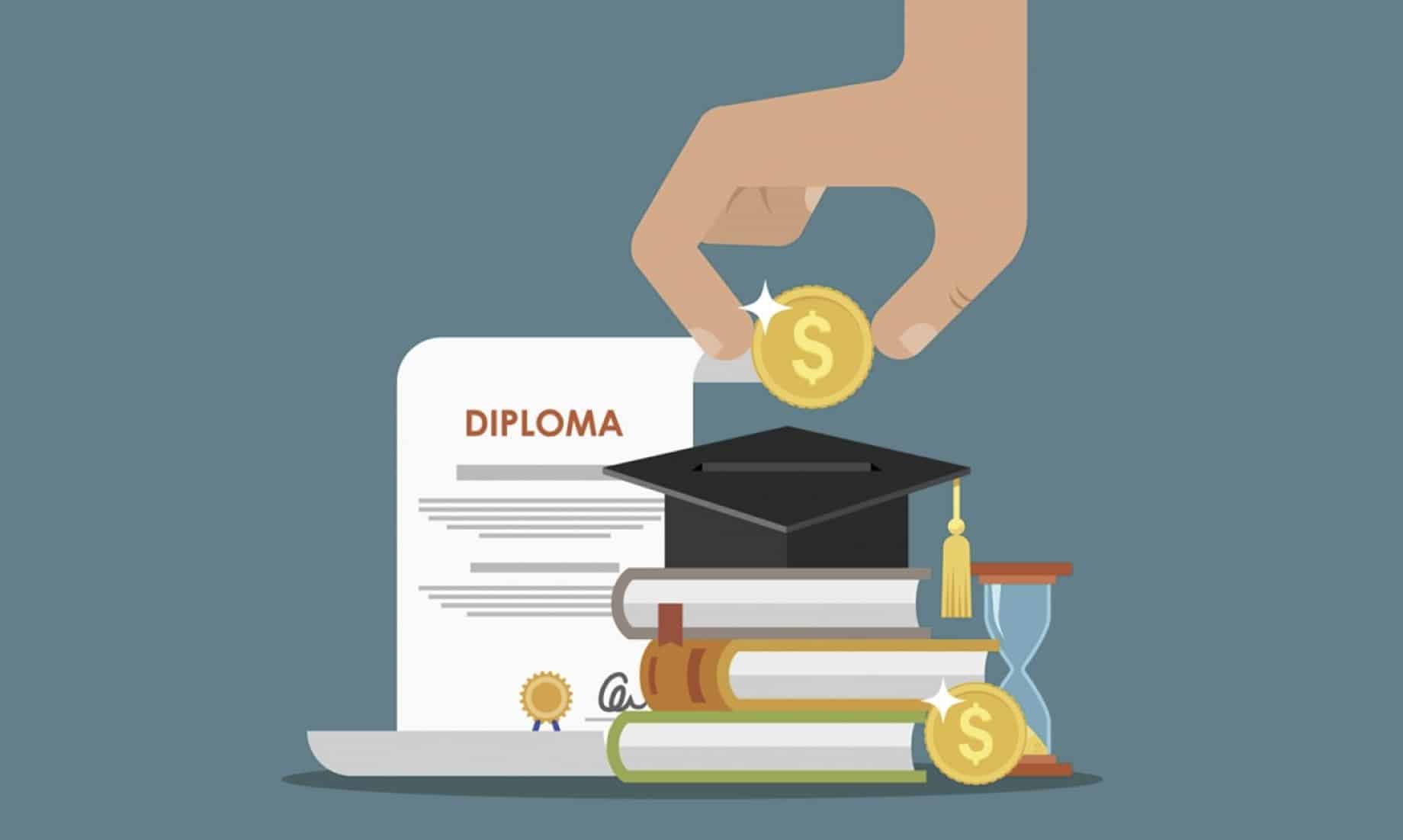High student loan debt can be a burden for many. However, you can get your loans refinanced before you’re out of college. Here are some tips on how to find the best student loan refinance rates and make sure that your credit score doesn’t hold you back from getting the most competitive rate possible:
Know what your credit history is.
Before looking for the best student loan refinancing rates, you must know your credit history. You should look at all the loans you borrowed in the past and see what kind of interest rate you have. Also, look at how much money you owe on each loan and how much interest has been added over time. Finally, it will be helpful for you to figure out which student loans are costing more than others so that when it comes time to refinance, they are the ones that will get refinanced first.
Get a cosigner if you have a lower credit score.
Getting a good interest rate can be challenging if you have a lower credit score. A cosigner signs on to your loan agreement and provides a good credit history. This makes it easier for you to get a lower interest rate when refinancing student loans.
You can find people willing to be your cosigner by reaching out through social media or even posting an ad in your college’s Facebook group. It’s also helpful if someone in the same situation as you is looking for a cosigner, as they can benefit from each other’s network of contacts and resources!
Refinance private and federal loans separately.
You can do it all at once or separately when refinancing your student loans. Refinancing your private and federal loans together can be more expensive because the refinance student loan rates are usually higher on private loans than on federal ones. However, suppose you refinance just your private loans. In that case, the process will take longer since only one lender handles both types of loans, whereas federal refinancing lenders specialize in servicing public or government-backed education debt.
Look for a shorter repayment period.
- Short-term loans are easier to pay off. When you only have a few months left on your loan, it’s easy to track how much money is left to pay. It’s also easier to budget for the extra payment each month.
- Short-term loans may be more likely to be approved by lenders and credit unions. Lenders like short-term loans because they allow them to give out more money at a higher interest rate than longer-term ones, which makes their profit margin higher.
“Private student loans do not have the same repayment options that the federal loan program offers,” says Lantern by SoFi.
Avoid student loan consolidation companies.
Student loan consolidation companies are not a good idea. These companies have a reputation for charging high fees and interest rates on student loans, so they could be a better option for most people. Student loan refinancing can be done yourself and is often much more cost-effective.
Student loan refinancing is a great way to save money on your monthly payments and help pay off your debt sooner. However, it’s essential to do your research before applying for any program because many companies are offering their services in exchange for a fee.
